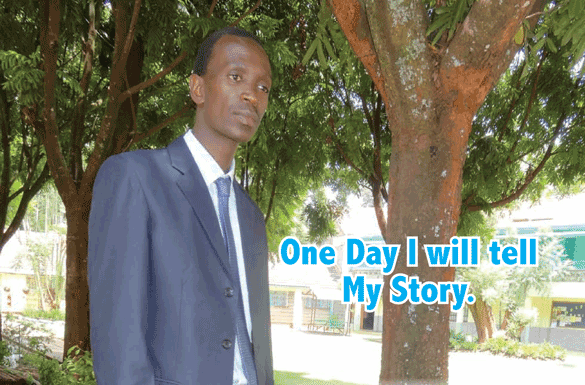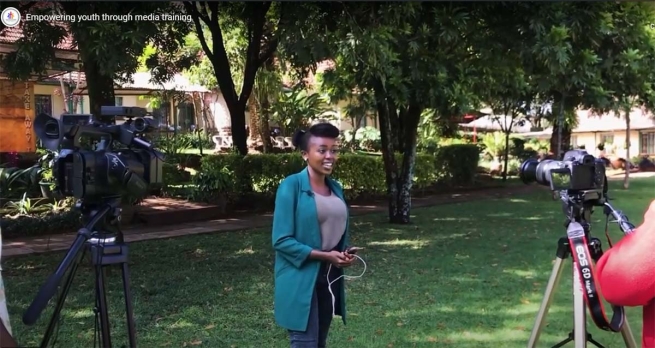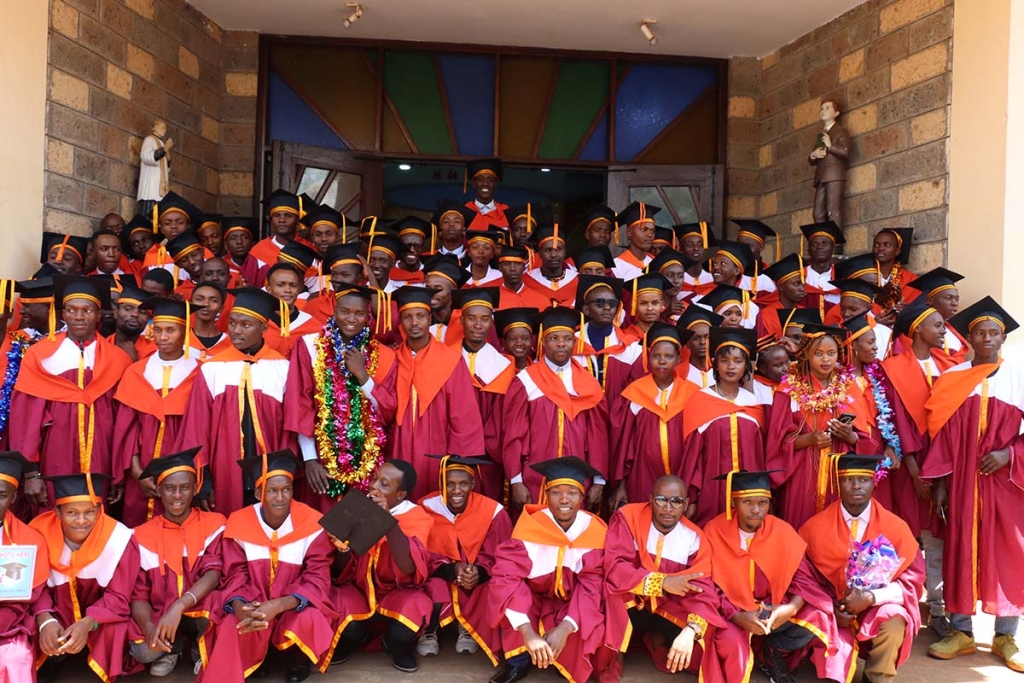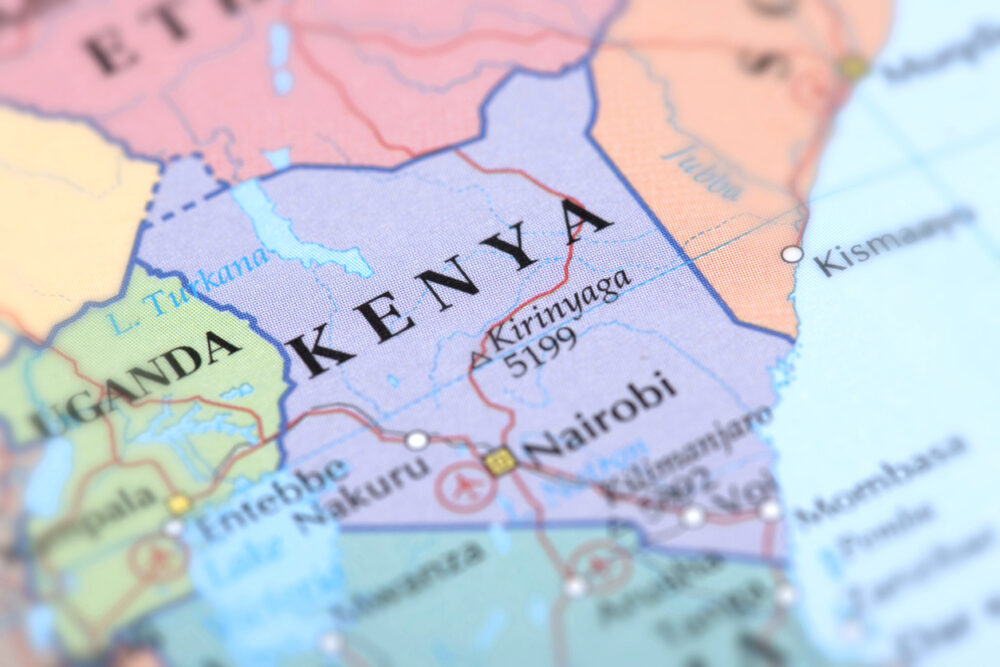KENYA: From Life in Nairobi’s Slums to College Student at International University

(MissionNewswire) Despite the steady growth of Kenya’s economy, according to UNICEF, more than half of the country’s population lives below the poverty line on less than one US dollar a day. UNICEF also notes that Kenya’s capital city, Nairobi, is home to 3 million residents, most of whom endure lives of extreme poverty in the city’s slums. The most vulnerable are families and children living in these urban slums and in areas of the country most affected by HIV/AIDS. Many do not have access to health care, nutrition, sanitation and education.
Few youth residing in Nairobi’s slums attend the later stages of school as compared to those living in Kenya’s more rural areas. The few schools serving this disadvantaged community are beyond the financial means of most families. UNICEF noted that while Kenya has free and compulsory education, youth in poverty still cannot afford to attend school resulting in close to 90 percent of children from poor households failing to complete their basic education.
Peter Ndung’u was raised in Kawangware, one of Nairobi’s slums. One of seven children, he grew up in poverty without access to education, proper shelter or nutritious food and with a mother addicted to alcohol causing her to be abusive and neglectful of her children. At a young age he lost one sibling to a fire that tore through the slum and another to suicide. Peter was forced to beg for food to survive.
“I was living a life of horror and fear and these circumstances eventually forced me to flee from the slums and join my friends in the streets,” explains Peter. “It is at this point that the harsh reality of life hit me hard. Life as a street boy is like living in the jungle. Survival is for the fittest and being in a gang is the cardinal rule for security and hustling for food and a place to rest at night.”
Although he always had a strong desire to learn and gain an education, the opportunity was not available to him until he met the Salesian Sisters of the Precious Blood Sisters in Riruta, Kawangware who were offering free lunch to street boys and families. The Salesian Sisters recognized Peter’s desire to learn and introduced him to Bosco Boys, Kuwinda where he joined a street youth rehabilitation program and then was chosen to become a student at St. Mary’s primary school.
The Bosco Boys program helps former street children in Nairobi, providing education and technical skills training for more than 600 boys and girls in primary and secondary schools and universities. In addition, the program offers two nursery schools in the slums of Kariua and Kuwinda.
Those who complete their primary education are assisted with gaining a secondary education or are advised to choose technical training at sister institutions. Secondary education can be undertaken at Don Bosco Technical Secondary School, Embu, or any other school close to a student’s home where they can be easily monitored.
In addition to the education provided, youth in the program are given professional counseling to help them overcome the difficulties they face in their lives. The program gives youth the tools to develop a positive healthy outlook on life and the education and training necessary to find stable employment.
Peter remained in Salesian schools through high school and after his graduation in 2010, Father Sebastian Chirayath, director of Bosco Boys, gave Peter an opportunity to volunteer for one year as a computer teacher and an eighth grade assistant. Father Chirayath then helped to secure a college scholarship for Peter who is currently pursuing a bachelor’s degree in international relations with a major in foreign policy and diplomacy at International University in the United States.
“I urge all the young people out there to go forward and gather a little courage to face the insurmountable mountains of problems before them and grab any opportunities to make their dreams come true,” adds Peter.
###
Sources:
UNICEF – Poverty in Kenya
Don Bosco Eastern Africa Salesian Family Bulletin 1st Quarter February 2014 – One Day I Will Tell My Story




